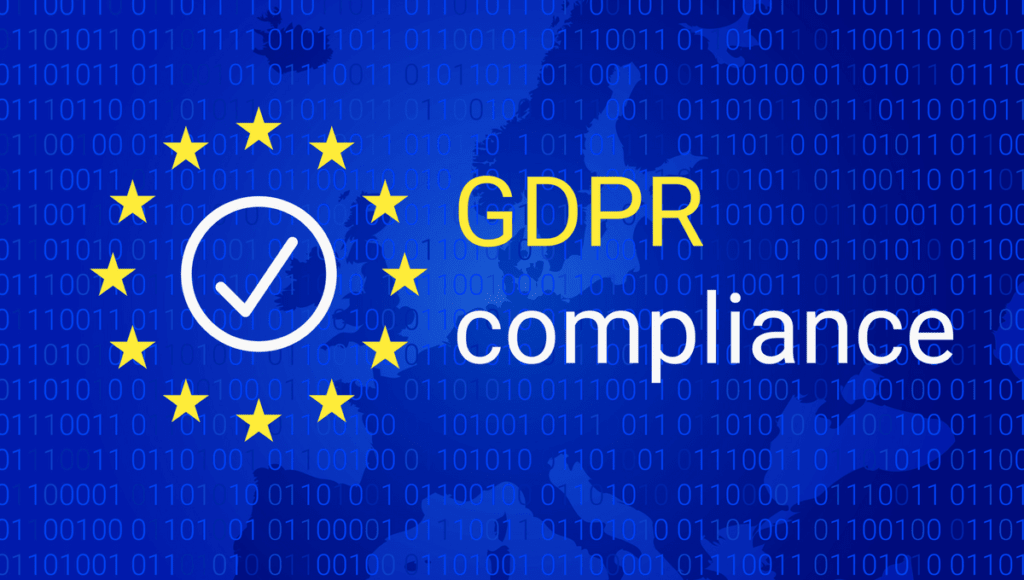In today’s organizational culture, consumers have well anticipated the functioning of personal data as a currency while using free or almost free services. Although this paves the way to rendering affordability to your business, ensuring the safety of user data and keeping it private becomes undeniable. With about 46% of business organizations encompassing severe reputation pitfalls due to data breaches, it’s more critical than ever to narrow down the importance data privacy holds.
Whatever the size of your enterprise might be, there always remains a ton of data pooling into the system some parts of it being redundant while others, utmost sensitive. Therefore, how proactive you are about exercising measures to keep privacy in place determines the customer trust your company gets to bag.
Users are actively moving ahead with secure data storage solutions like houm.me that offer reliable cloud functionalities, which not only encircle privacy but also keep you from getting holes drilled in your pockets. This article caves into a much-needed discussion about the privacy of data in any business environment; read on to know whether it’s beneficial or not.
Table of Contents
1. Improved data management:
The amount of data your enterprise contains shouldn’t be unclear to you when it comes to figuring out how much of it is utilizing the resources unnecessarily. Focusing on privacy enables businesses to refine their data management systems by only retaining the files that are specifically required for the system processes. With a ton of personal information piling up within your company, organizing it won’t be the easiest task.
With an added focus on data management, companies need to viably put efforts into minimizing the amount of personal data to be stored. For this, timely audits can’t be skipped to help analyze how much data your company collects and stores. Enhanced and more convenient data management tends to impact your ROI, so it inevitably gets vital to pay heed to privacy measures.
2. Cost reduction by eradicating ROT files
Prioritizing privacy will not only make the management part of your data handy but actively impact the overall working capital of your business. With terabytes of redundant, obsolete, and trivial (ROT) files stacking in your organization, a significant chunk of your running costs might be devoid of proving its worth.

Your storage facilities will have to deal with less data—that already isn’t paying you off—when you’re watchful for such ROT files and eliminate these without a second thought. The amount you save by getting rid of seemingly useless system data and personal information can be leveraged to expand numerous facets of your business arena.
3. Added customer loyalty
When your customers look upon you as a trusted brand that readily safeguards their data, you become accountable for keeping that faith retained. If ignored, a single data breach can make companies lose up to 55% of their existing customers, along with leaving the existing ones highly doubtful about making their next purchase from you. Consumers are quite mindful nowadays when it comes to assessing how any company deals with the data they provide.
This is why you can’t skip chalking down ways you’re going to use their collected personal information.
As a business organization, you need to specify how long you’re going to retain the user data, along with mentioning the possible use cases for the same. This will assist in establishing customer loyalty as your prospects won’t have to remain clueless about the data they’re providing you with. Additionally, make sure to comply with the decided privacy measures as a user can go ahead to check the indexing for globally searchable data.
4. Meeting GDPR requirements

The EU’s General Data Protection Regulation or collectively known as GDPR makes enterprises liable to endure multi-million dollar fines, as well as penalties of up to 20 years. This way, any non-compliance can strikingly deteriorate your business reputation, making you miss out on various valuable opportunities. GDPR puts the privacy of user data at its forefront, which is why any obstruction underlying in your organization might end up costing you on several fronts—more than just the monetary front.
On the other hand, keeping up with the GDPR can skyrocket your ROI as your prospects can visualize your data handling process, and how much of it is strengthened by privacy.
5. Instilled cybersecurity
Keeping themselves away from cyber attacks turns out to be a taxing and expensive process for companies. Hackers have become significantly smart with their malicious ways of leveraging business data as advanced tools have made it a cakewalk to gain access to encrypted files. Therefore, your business remains at stake as long as you’ve not promptly invested in preventing these data breaches.
Private data files are a target of any attackers, and they can even employ automated bots to make it arduous for you to hunt them down. Moreover, some third-party integrations on your website can further make it challenging to track who all have access to your data pool. While at it, make sure all the antivirus systems are updated and you’re equipped with cutting-edge technology that promises to keep these cybercriminals at bay.
6. Being at a competitive advantage
Standing apart from the competition is an essential goal that businesses strive for; however, things can go haywire when you’re missing points on the privacy front. Studies reflect that about 25% of online users entirely refrain from business purchases, fearing they might put their sensitive data at risk. Your company needs to be the pioneer of data security and privacy if you genuinely want to reassure your customers and make your brand identity stand out.
Companies that facilitate the privacy of their user data actively remain at a competitive advantage when compared to those keeping this concern blinded.
Takeaway:
All in all, your business organization should be proactive about the personal data that is collected, how long to keep it and what to do with it. In turn, remain crystal clear about it with your customers and prospective customers. This way, you can keep up with GDPR compliance and stay ahead of your competition.
Tech Trends
Related posts
Leave a Reply Cancel reply
Hot Topics
Categories
- Ads (5)
- Animes (25)
- Artificial Intelligence (AI) (35)
- Augmented Reality (AR) (10)
- Automotive (9)
- Bitcoin (16)
- Blockchain (24)
- Business (244)
- Business Intelligence (3)
- Cloud Computing (23)
- Computer (128)
- Concrete Technology (1)
- Cryptocurrency (10)
- Cybersecurity (42)
- Data Science (9)
- Database (4)
- DevOps (6)
- Digital Marketing (76)
- Digital Workplace (14)
- Ecommerce (1)
- Education (28)
- Electric Vehicle (EV) (1)
- Electronics & Hardware (17)
- Entertainment (42)
- Fabrication (3)
- FAQ's (1)
- Finance & Marketing (47)
- Gadgets (35)
- Games (8)
- Gear (29)
- HTTPS (1)
- Industry (46)
- Information Technology (90)
- Internet (413)
- Internet of Things (IoT) (41)
- Job (25)
- Machine Learning (6)
- Marketing (92)
- Mobile Apps (21)
- Movies (11)
- Natural Language Processing (6)
- News & Trends (109)
- Programming (4)
- Science & Technology (235)
- Security (81)
- SEO (56)
- Services (36)
- Social Media (73)
- Software (99)
- Sports (1)
- Technology (306)
- Telecom (6)
- TikTok (5)
- Tours & Travels (9)
- Uncategorized (11)
- Virtual Reality (VR) (7)
- VoIP (4)
- Web Technology (42)
- Workforce (17)
- Workspace (6)



Stay connected